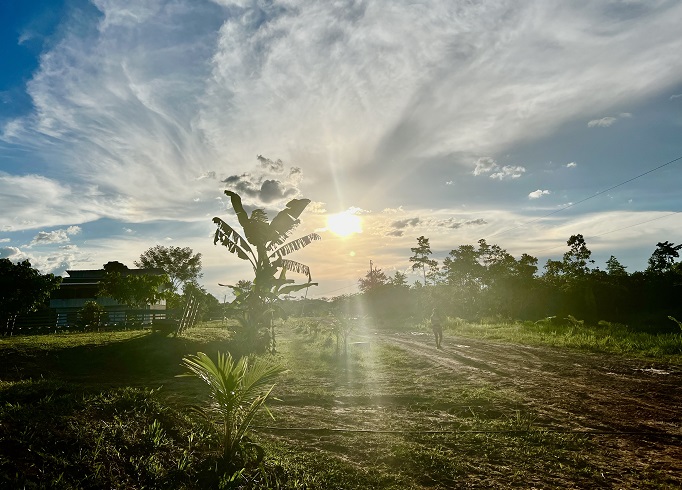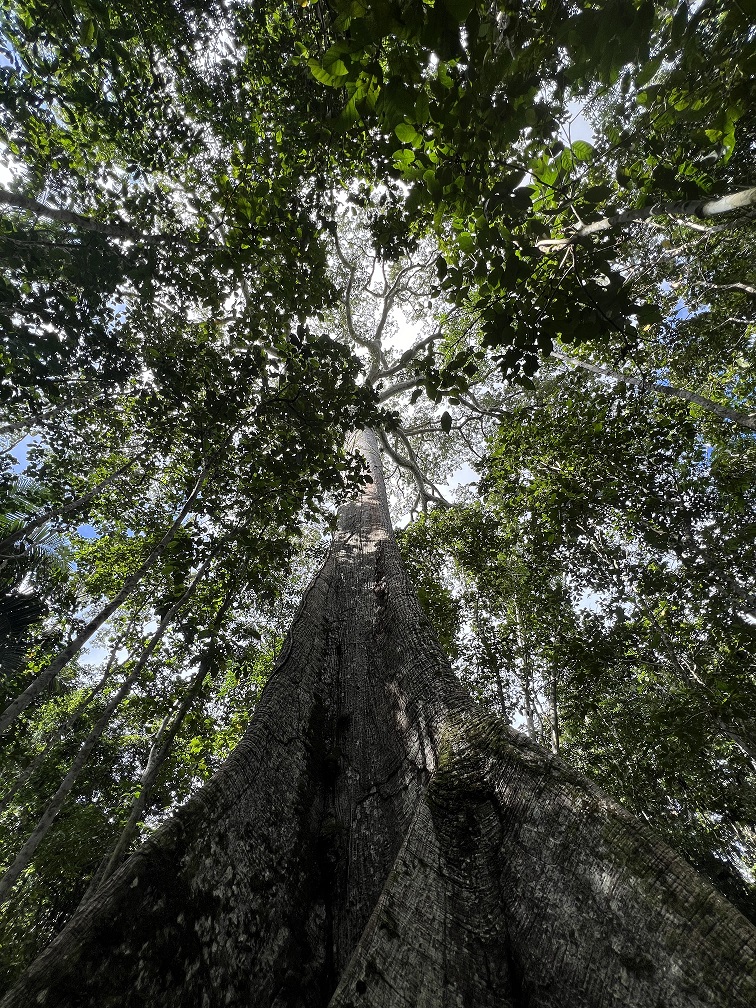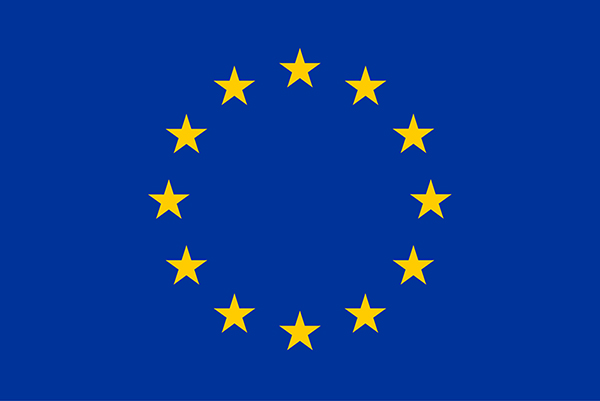INDIGENOUS WOMEN INTERCONNECTING KNOWLEDGE: BODIES, TERRITORIES AND TECHNOLOGIES FOR LIFE

The INDIWOMINT project focuses on recognizing the connection and knowledge that Amazonian indigenous communities have with nature and their ancestry. This knowledge has been fundamental in shaping and preserving the forest landscapes of the Amazon territory and maintaining the biodiversity of life and cultures. Based on these notions, INDIWOMINT explores the productive practices of indigenous women in the Amazon regions of Brazil and Colombia, as they are increasingly organizing to defend the bodies and territories of their communities and have also been guardians of deep knowledge transmitted generationally about the connection with nature and their organizational forms. However, environmental destruction and exploitation threaten the fundamental rights of both indigenous women, the land, and indeed all indigenous and non-indigenous communities, putting the survival of life at risk.
In this sense, INDIWOMINT aims to learn from Amazonian indigenous technologies and, in alliance with Western technologies, propose forms of sustainable development and climate change mitigation. The project also explores how, in the current context of climate and social crisis, understanding what constitutes evidence-based knowledge can become crucial for a decolonial ontological shift in the way knowledge is produced and transmitted for the preservation of life.
INDIWOMINT is supported by the Marie Skłodowska-Curie Actions (MSCA) programme of the European Commission and led by Ana María Noguera Durán, an MSCA postdoctoral researcher at GenTIC. The main objectives of the project include the following activities:

– Map and characterize indigenous women’s organizations in the Amazon region of Brazil, with representative experiences in preserving, defending, developing, and implementing traditional knowledge in the face of climate change mitigation.
– Document, collect, and analyse empirical data on indigenous practices and technologies that support the traditional knowledge of indigenous women in areas of cultural practices and agroecology.
– Examine the implications of the proper use of indigenous traditional knowledge in the cultural preservation of the Amazon and develop a methodological guide for analyzing and implementing best practices.
Additionally, INDIWOMINT will create a knowledge integration platform and establish a data bank, promoting the CARE principles (Collective Benefit, Authority to Control, Responsibility, and Ethics) for the governance of indigenous data. This is aimed at protecting intellectual and cultural property of indigenous communities.
Funding organisation: European Commission, Marie Skłodowska-Curie Actions (MSCA), Horizon Europe.
Start date: 1 July 2024 – End date: 30 June 2026
Principal Investigator: Ana María Noguera Durán (GenTIC – UOC)
Photos: Amazon landscape (above) and Samaúma tree (left), by Ana María Noguera Durán.
Funding body:

This project has received funding from the European Union’s Marie Skłodowska-Curie Actions (MSCA), Horizon Europe research and innovation programme under grant agreement No 101149072.
Related links:
2024, September 12. UOC News. “Indigenous people’s knowledge could be essential for mitigating the climate crisis”. Interview with Ana María Noguera Durán about the INDIWOMINT project.